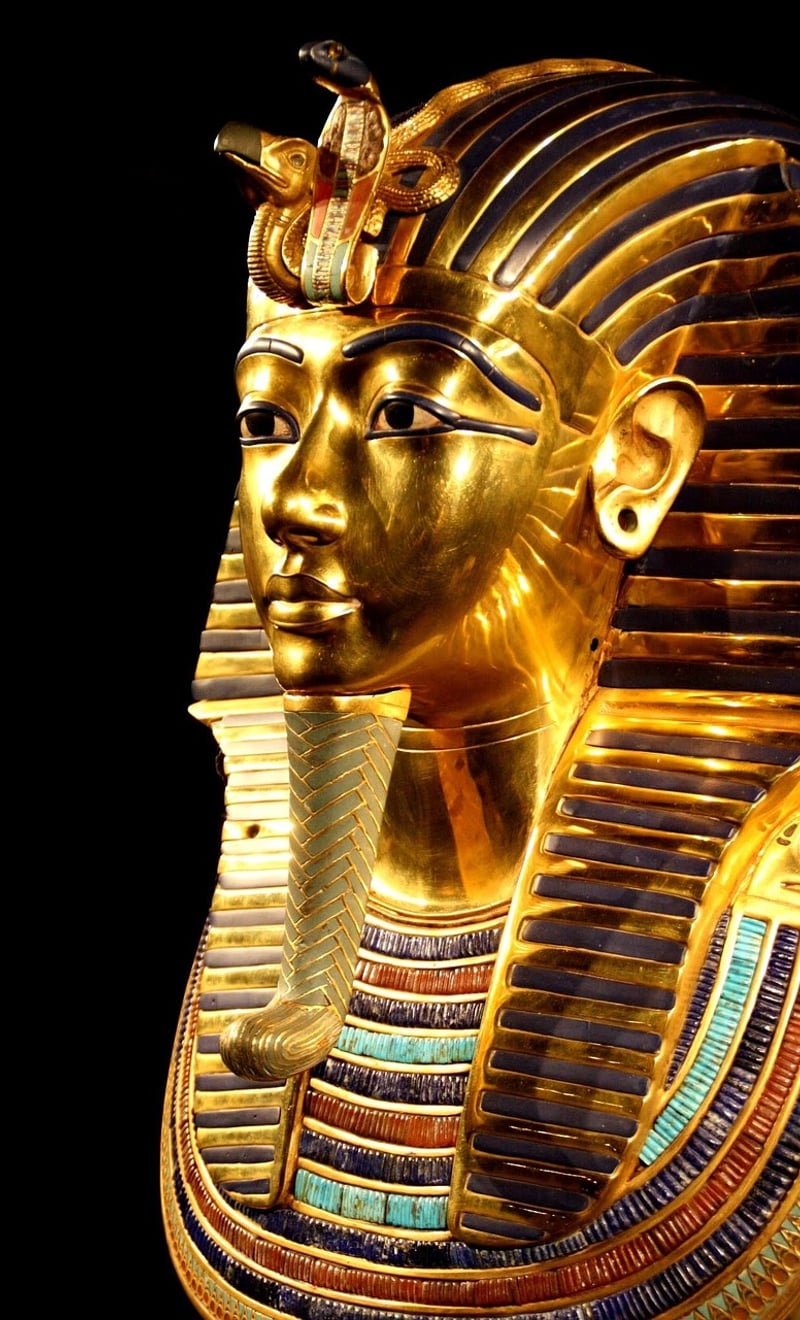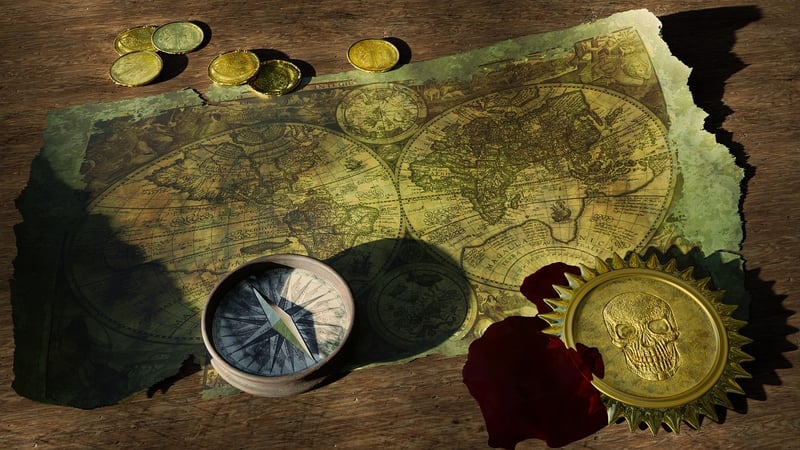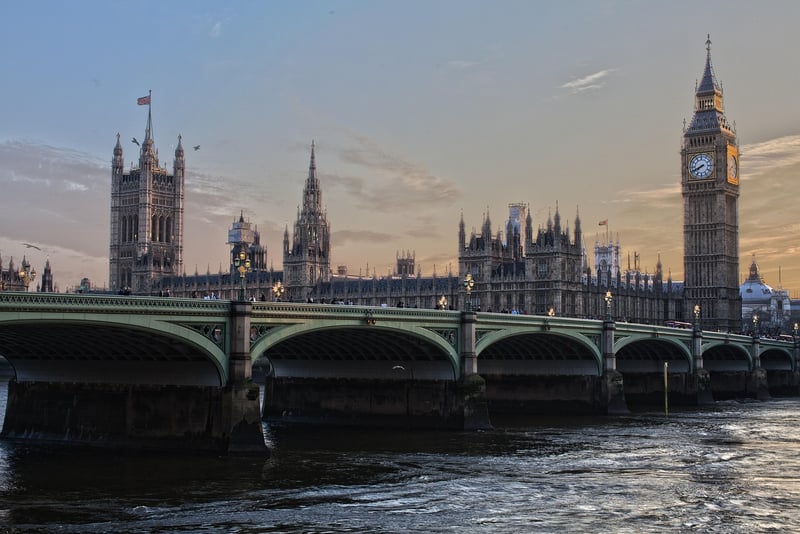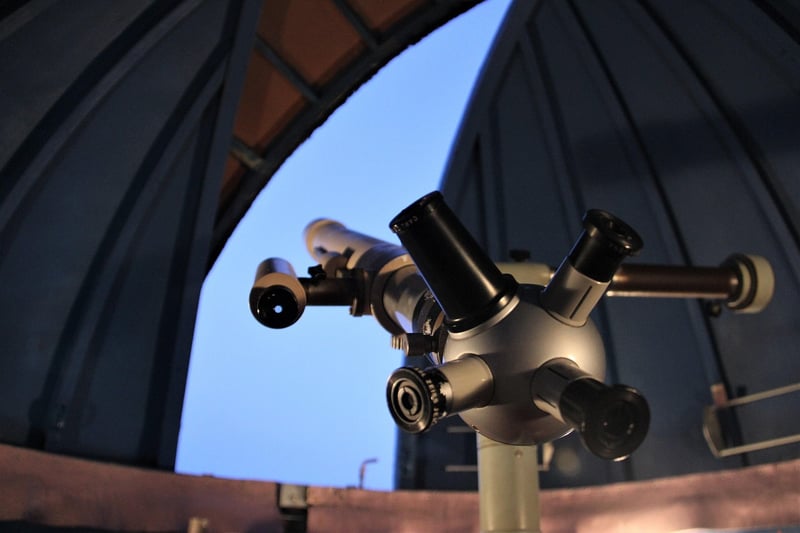Future Exploration
Exploring Different Eras and Future Exploration
Introduction
Human history is a tapestry woven with threads from various eras, each contributing to the rich fabric of our past. From ancient civilizations to the modern age, exploring different eras allows us to understand how societies have evolved over time. Moreover, looking ahead to future exploration opens up a world of possibilities and challenges that await us.
Ancient Civilizations
Ancient civilizations like the Egyptians, Greeks, Romans, and Mesopotamians laid the foundation for many aspects of our modern world. Their advancements in architecture, art, science, and governance continue to inspire us today. By studying these ancient cultures, we gain insights into the origins of human society and the complexities of early civilizations.

The Middle Ages
The Middle Ages, spanning from the 5th to the 15th century, witnessed significant developments in Europe, including the rise of feudalism, the spread of Christianity, and the flourishing of art and literature. Exploring this era helps us understand the feudal system, the role of the church, and the impact of events like the Black Death on medieval society.

The Age of Exploration
The Age of Exploration, from the 15th to the 17th century, marked a period of discovery and expansion as European explorers ventured into uncharted territories around the globe. This era led to the Columbian Exchange, the transatlantic slave trade, and the establishment of colonial empires. By delving into this era, we uncover the impact of exploration on global trade, culture, and geopolitics.

Modern Times
Modern history, from the 18th century to the present day, has witnessed industrial revolutions, world wars, decolonization, and the rise of globalization. Understanding this era helps us grasp the complexities of modern society, including technological advancements, political ideologies, and social movements that shape our world today.

Future Exploration
Looking ahead, future exploration holds endless possibilities, from space exploration and artificial intelligence to sustainable technologies and environmental conservation. As we navigate the challenges of the 21st century, exploring new frontiers in science, technology, and society will shape the world for generations to come.

Conclusion
Exploring different eras allows us to appreciate the diverse tapestry of human history, while future exploration beckons us to venture into uncharted territories of knowledge and discovery. By learning from the past and embracing the future, we can navigate the ever-changing currents of time with wisdom and curiosity.
